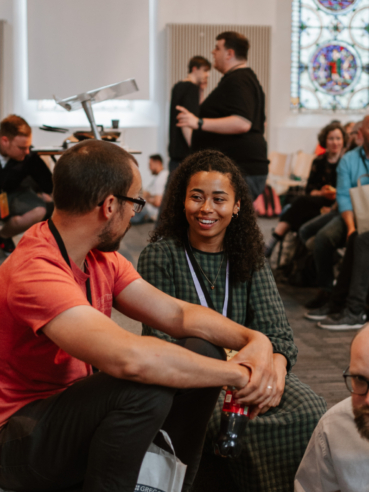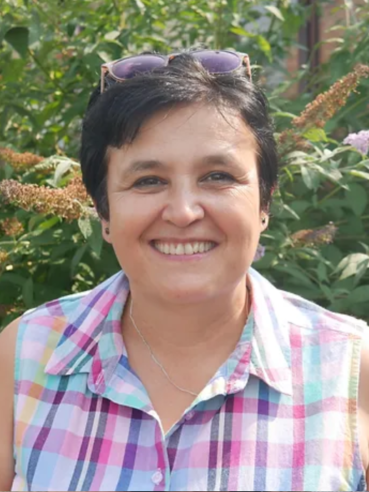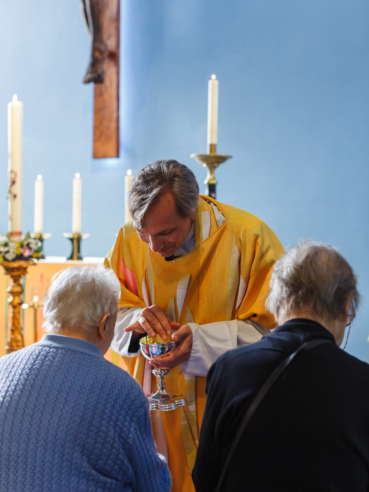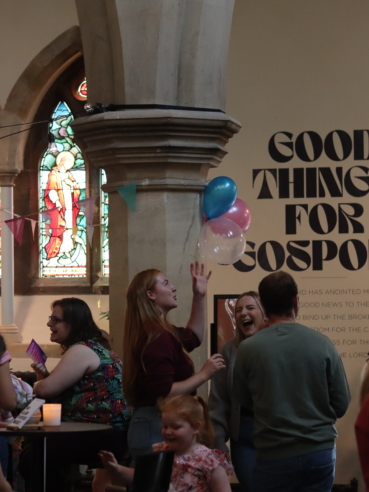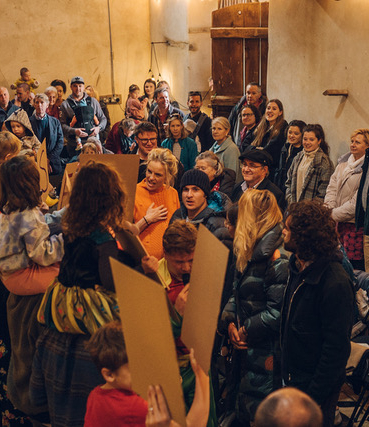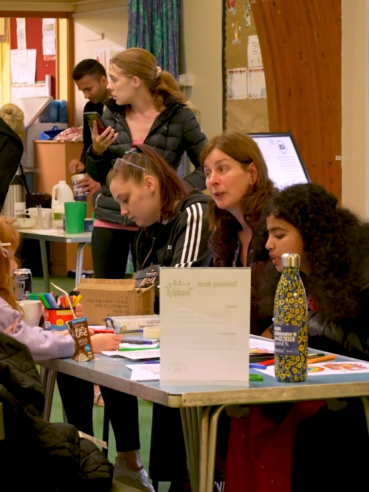How can churches connect with different communities and demographics? Revd Jo McKee shares her parish’s story of planting a lay-led community in North Manchester that’s having an amazing impact in supporting the surrounding community, welcoming new people and raising up local leaders.
We’ve always had a heart for an area of Radcliffe, North Manchester, which falls in the top 10% of the UK’s most deprived areas. For the last thirty years, we’ve been praying about how we could minister and support the community there, but we didn’t make many inroads. Our approach tended to be more of “we hope they come to us”: we’d put on community events and then hope people might start coming to our church (St Andrew’s Radcliffe), which is a completely different demographic and quite far away.
Before lockdown, we had started to do one off services for Christmas and Harvest in the area using a local community centre. One of the members of our congregation (Julie) felt very invested in the community and, being a CAP manager, she’d built up a lot of relationships there. We decided as a church to apply for funding to start a CAP Job Club and we were soon able to employ Julie to run this scheme, which gives practical support and advice to people seeking employment. At the same time, Julie also started training with the Church Army with the view to being the lay leader of the community church. The church started monthly gatherings at the beginning of 2020 at the community centre. Then lockdown suddenly hit in March 2020 and everything had to go online. Julie started online weekly Sunday evening Facebook services and the Job Club was able to continue online.
As the lockdowns eased, a new headteacher joined the local primary school and invited us to use her school as a new base for the CAP Job Club and church. It was a huge answer to prayer! In the past, we’d never been able to establish a relationship with the primary school – lots of churches in the area, including St Andrew’s, had tried to build connections but we’d never been able to hold an assembly there. However, with the change of headteacher, the doors were suddenly open. She asked to meet me as the local vicar and I began to take assemblies there. We then raised the possibility of holding a one-off event for the community at the school. We put on a Christmas gathering, which lots of her children attended, and she loved it – she has a huge heart to see her community transformed as it’s a really deprived area. Now the plant meets monthly at the primary school, with the plan to meet weekly soon, and the headteacher even offered us the school computers for the Job Club! She probably wouldn’t call herself a Christian, but she’s a person of peace and continues to be hugely supportive coming along to the events. Between 30 to 50 people come each month from the local area and nearly all of them haven’t gone to church previously or been part of our congregation at St Andrew’s – it definitely feels like this is a church of the people.
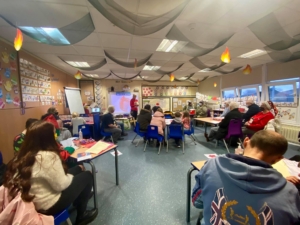 My role as an ordained minister from the sending church has been to support and supervise my lay leader and to encourage her to build a team around her. I’ve realised that I don’t need to be the leader of this plant, but I do need to look after Julie and ensure that she is equipped and that she has everything she needs to succeed. My aim is to help her grow a team and keep an eye out for those in her community who will be the future leaders at Emmanuel, instead of being involved in the day-to-day running of the church plant. I would never have been able to create a community like Julie has done, but I can be there in the background as her champion. I can delight with her in the good stuff and battle with her in the hard stuff, and also help to further her training. It’s been a huge encouragement to see that I can release people with a passion for an area and equip them for it, instead of having to lead a new church myself. It does make us ask questions about having lay leaders when we think about communion or baptismal services. But I wonder if we can start to think creatively about how we celebrate together all that Jesus has done, such as having a church family picnic if there’s no ordained minister to take communion. I think it’s something we are going to have to grapple with – the desire to release different types of leaders while honouring our Anglican tradition.
My role as an ordained minister from the sending church has been to support and supervise my lay leader and to encourage her to build a team around her. I’ve realised that I don’t need to be the leader of this plant, but I do need to look after Julie and ensure that she is equipped and that she has everything she needs to succeed. My aim is to help her grow a team and keep an eye out for those in her community who will be the future leaders at Emmanuel, instead of being involved in the day-to-day running of the church plant. I would never have been able to create a community like Julie has done, but I can be there in the background as her champion. I can delight with her in the good stuff and battle with her in the hard stuff, and also help to further her training. It’s been a huge encouragement to see that I can release people with a passion for an area and equip them for it, instead of having to lead a new church myself. It does make us ask questions about having lay leaders when we think about communion or baptismal services. But I wonder if we can start to think creatively about how we celebrate together all that Jesus has done, such as having a church family picnic if there’s no ordained minister to take communion. I think it’s something we are going to have to grapple with – the desire to release different types of leaders while honouring our Anglican tradition.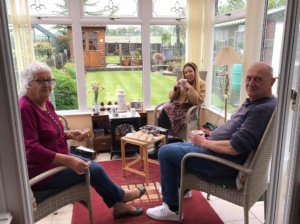
We have now handed Emmanuel Community Church over to the Diocese of Manchester’s Antioch Network as it’s lay-led and didn’t fall naturally into either of the parishes that it borders. The Antioch Network plants and supports small churches in diverse areas or on housing estates across the Anglican Diocese of Manchester. As church leaders, we often want to hold onto good ideas and initiatives but I’m learning to say it’s God’s, not mine, and to hold lightly to the gifts that come our way. I’m still pastorally involved, but the Antioch Network has lots of experience of coming alongside local leaders and creating a shared experience for those working in more disadvantaged demographics, so it felt that Julie would get the best support if we also became connected with this network.
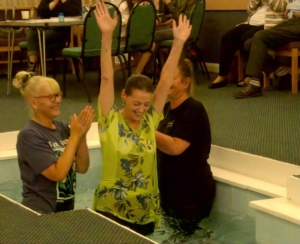
In some ways, we didn’t plan for this specific church plant in this specific location, so it does feel a bit accidental! We prayed a lot and pushed on a lot of doors. We felt that God was doing something and we wanted to grow so we just kept praying, and God suddenly slotted it all together within a couple of months. We felt it was really important that we didn’t impose our church style or wants on this plant. It feels quite different for our Sunday worship – it’s a lot freer and less structured, reflecting the needs of the community. We’ve found that testimonies are a really powerful way of building connections and showing that we understand what people are going through. My children’s pastor shared her testimony of having a child at 16 and I think it modelled that everyone is accepted and our life experiences are not barriers to being part of a church. The one-off events for the community made a huge difference in building relationships too – we’d give out Christmas hampers or people could take home part of the Harvest, and again it helped the community to see that we understood their needs and challenges. There’s a feeling of family and a sense that this church speaks the community’s language. It’s wonderful seeing how this plant is making Jesus known in Radcliffe and how they are creating a place where everyone is welcome.
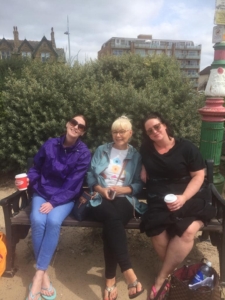
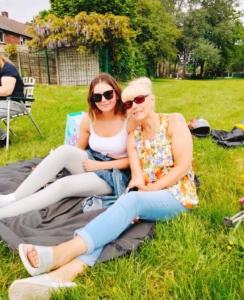
antiochnetwork.org.uk
www.standrewsradcliffe.org.uk

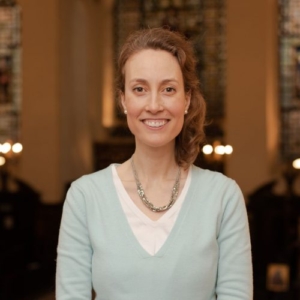
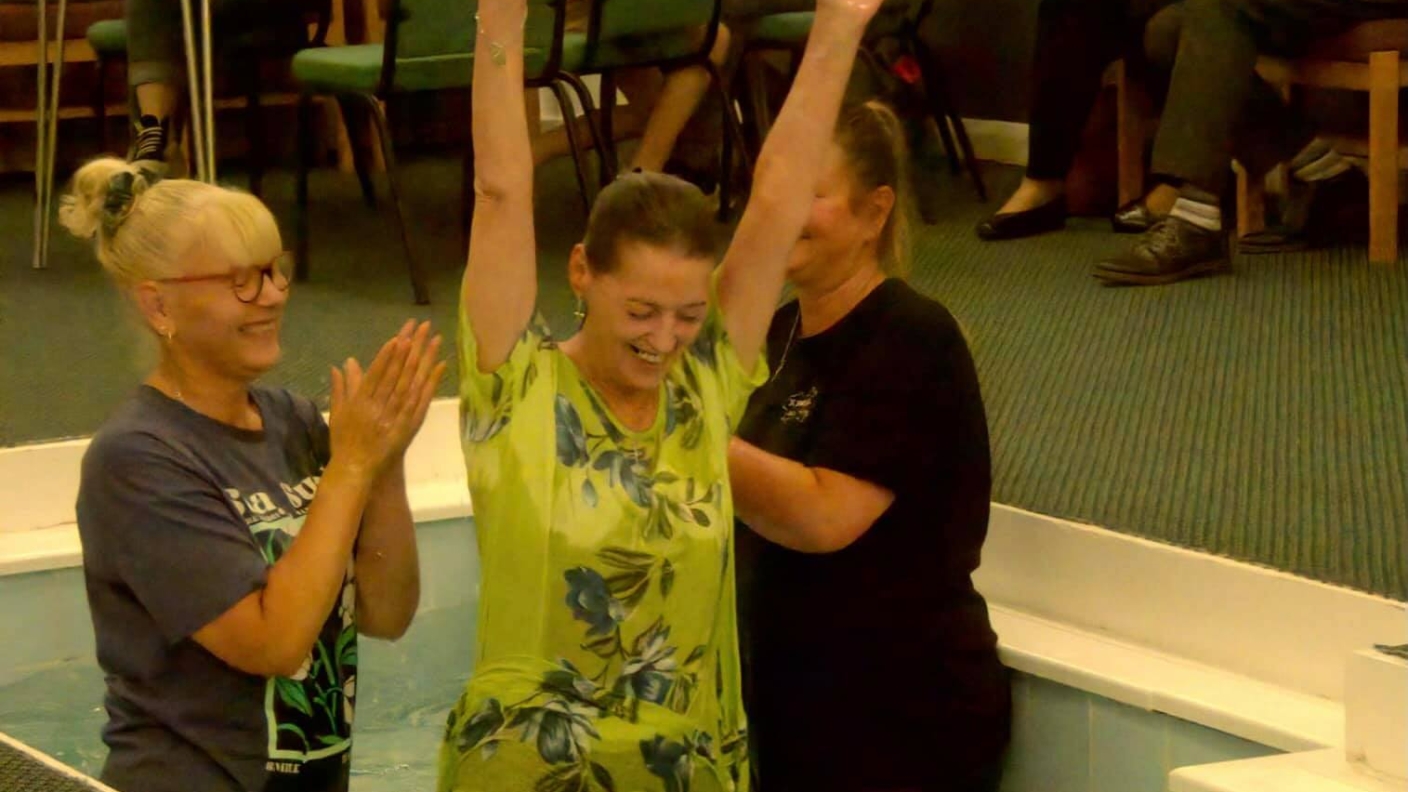
 My role as an ordained minister from the sending church has been to support and supervise my lay leader and to encourage her to build a team around her. I’ve realised that I don’t need to be the leader of this plant, but I do need to look after Julie and ensure that she is equipped and that she has everything she needs to succeed. My aim is to help her grow a team and keep an eye out for those in her community who will be the future leaders at Emmanuel, instead of being involved in the day-to-day running of the church plant. I would never have been able to create a community like Julie has done, but I can be there in the background as her champion. I can delight with her in the good stuff and battle with her in the hard stuff, and also help to further her training. It’s been a huge encouragement to see that I can release people with a passion for an area and equip them for it, instead of having to lead a new church myself. It does make us ask questions about having lay leaders when we think about communion or baptismal services. But I wonder if we can start to think creatively about how we celebrate together all that Jesus has done, such as having a church family picnic if there’s no ordained minister to take communion. I think it’s something we are going to have to grapple with – the desire to release different types of leaders while honouring our Anglican tradition.
My role as an ordained minister from the sending church has been to support and supervise my lay leader and to encourage her to build a team around her. I’ve realised that I don’t need to be the leader of this plant, but I do need to look after Julie and ensure that she is equipped and that she has everything she needs to succeed. My aim is to help her grow a team and keep an eye out for those in her community who will be the future leaders at Emmanuel, instead of being involved in the day-to-day running of the church plant. I would never have been able to create a community like Julie has done, but I can be there in the background as her champion. I can delight with her in the good stuff and battle with her in the hard stuff, and also help to further her training. It’s been a huge encouragement to see that I can release people with a passion for an area and equip them for it, instead of having to lead a new church myself. It does make us ask questions about having lay leaders when we think about communion or baptismal services. But I wonder if we can start to think creatively about how we celebrate together all that Jesus has done, such as having a church family picnic if there’s no ordained minister to take communion. I think it’s something we are going to have to grapple with – the desire to release different types of leaders while honouring our Anglican tradition.




